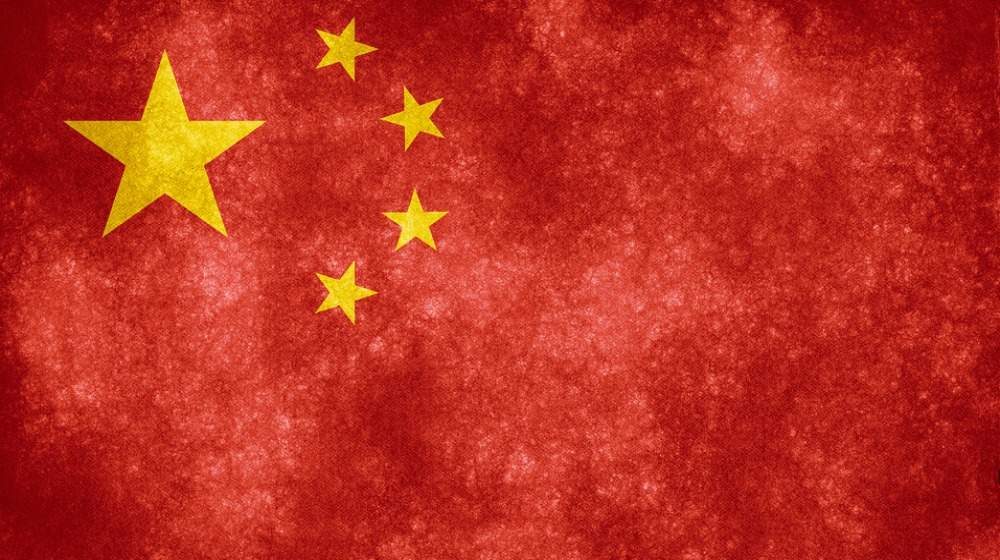Economy
China’s Lowered Credit Rating Points to Coming Economic Struggle

China has been a huge buzzword since last year’s election, with President Trump criticizing Beijing for everything from “unfair trade practices” to threatening to label the Asian economic powerhouse as a currency manipulator. Trump has built China up to seem like an unstoppable economic force. But that’s all looking to change. The Chinese debt rating was cut by Moody’s Investors Service for the first time since 1989.
How Does China Respond From Here?
China’s debt is growing. The country has the world’s second-largest economy, behind only the United States. Beijing is working on economic reform while trying to reduce the country’s high levels of corporate debt.
But it’s not working.
Moody’s Investors Service, one of the largest and most credible rating agencies in the world, has downgraded the country from Aa3 to A1 credit rating. And while those titles may be a little confusing, the point is that the country’s credit was downgraded for the first time in almost 30 years. And China is not happy about it, accusing the agency of using faulty calculation methods to come up with the rating.
China’s economy grew 6.9 percent in the first quarter of 2017, but the credit rating was still lowered as the focus of the rating is a long term outlook. That outlook is based on rising debt levels across the nation’s economy. The country is still considered investment-grade, but the lowered rating shows signs of weakness.
Moody’s said the downgrade reflected its expectations that “China’s financial strength will erode somewhat over the coming years, with economy-wide debt continuing to rise as potential growth slows”.
What does this mean for China?
The downgrade means that borrowing money gets more expensive for state-owned organizations, and could weigh on Asian markets, as well as U.S. listed publicly traded Chinese companies, such as Alibaba Group (BABA) and Baidu (BIDU), both of which are down on the news.
Watch this news clip from CNBC regarding Trump's tax proposal and it's effect on China:
China could be facing some tough times ahead, but will undoubtedly bounce back. In the meantime, the U.S. has an opportunity to take advantage of the situation by loaning money to China at a higher interest rate and, as Trump loves to do, negotiating better trade deals. For now, expect Chinese companies to dip down, but they’ll bounce back UP shortly.
Get the latest news on Chrysler's emissions scandal right here.
Follow us on Facebook and Twitter for more news updates!
The statements, views, and opinions of any article, contribution, editorial, or advertisement in this publication are not necessarily those of The Capitalist or its editorial staff, and are not considered an endorsement, sponsorship, or recommendation of any referenced product, service, issuer, or groups of issuers.
This publication provides general information about certain subjects, and should not be construed or taken as advice (legal, financial, investment, tax, or otherwise). Do not construe or take any information in this publication as a solicitation, offer, opinion, or recommendation to buy or sell any securities, bonds, or other financial instruments or to provide any legal, financial, investment, tax, or other advice or service about the suitability or profitability of any financial instruments or investments.
The Capitalist disclaims any liability for the accuracy of or your reliance on any statements, views, opinions, or information in this publication.




Pingback: Aerospace, Defense Stocks Rise as Result of U.S.-Saudi Arms Deal
Pingback: Trump vs. China on Steel Dumping: One Clear Winner